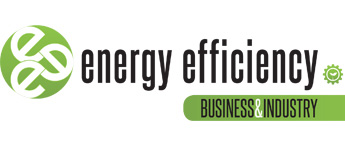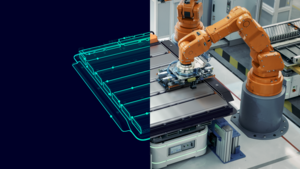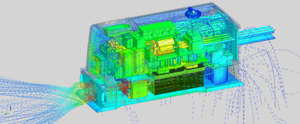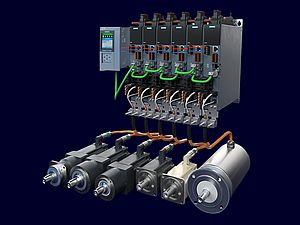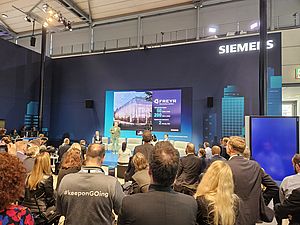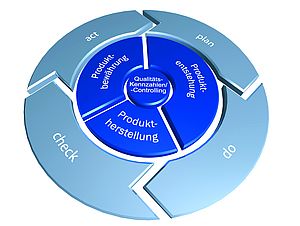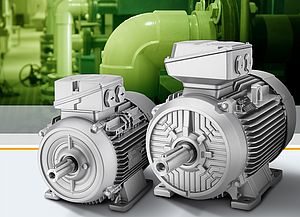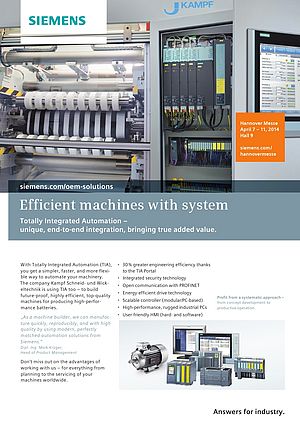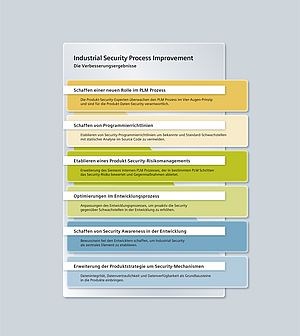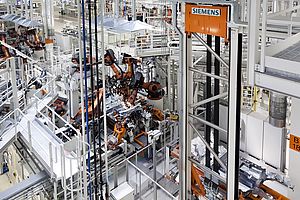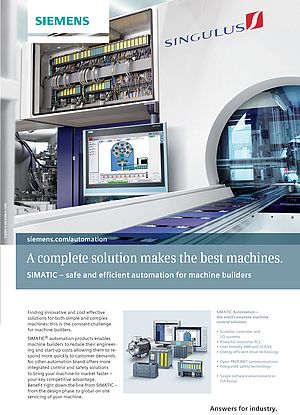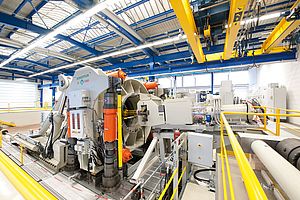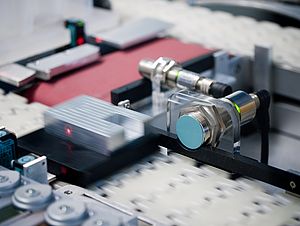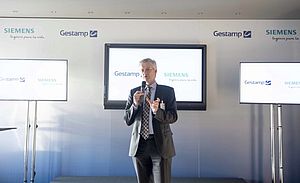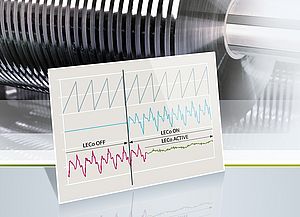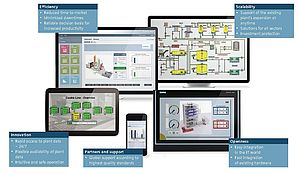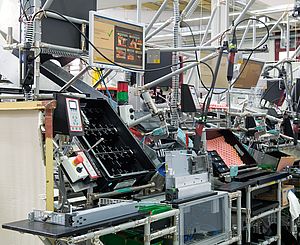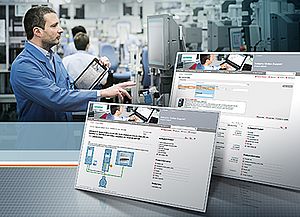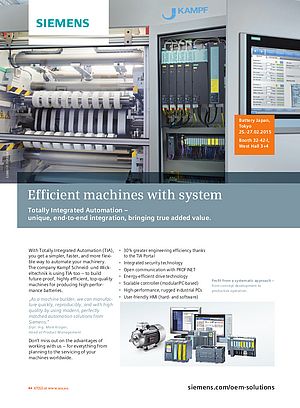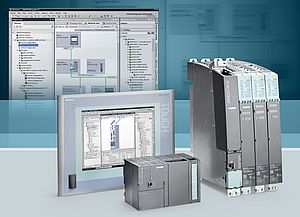Sitop PSU8600 from Siemens is a power supply capable of being completely integrated innetworked automation applications and the Totally Integrated Automation Portal(TIA Portal). This reduces the outlay for engineering and operation considerably.The Ethernet/Profinet interfaces enable users to individually set voltage and current for up to 16 outputs, for example. Depending on requirements additional modules,such as those for buffering short power failures, can be added without wiring effort.Several integrated functions support condition monitoring and power data acquisition, thus enhancing both availability and efficiency. For this reason, the device is particularly suitable for industries that have high requirements in terms of reliability and integration, such as automotive, food and beverages, and pharmaceutical industries, as well as in plant and custom machine building.
With a narrow width of only 125 mm, the three-phase base unit with 40 amperes and four individually monitored outputs features a particularly space-saving design. The output current threshold can be set from 0.5 to 10 amperes and the output voltage from 12 to 28 volts. By means of a connector for system data and the supply of energy (System Clip Link) users can expand the power supply without any additional wiring effort by up to three modules for additional outputs and two buffer modules from the Sitop PSU8600 modular system. This enables short power failures up to 600 ms to be bridged, thus avoiding any further damages.
Engineering, configuration and operation are simplified to a high extent thanks to integration in the TIA Portal. Comprehensive operating and diagnostics information is available through the integrated Profinet interfaces. This information can be evaluated directly via Simatic S7 and visualized in WinCC. Standardized S7 function blocks for Simatic controllers and ready-made WinCC face plates are available as free downloads for fast integration in user programs.
Integrated condition monitoring functions provide information about the operating status and warn the user at an early stage, for example, of overloaded outputs, excessive temperature, system overload or power failure. This enables the user to meet in-time preventative measures, avoid faults, and enhance availability.Several functions support efficient power management: These range from the actual current and voltage value captures, individual on/off switching of outputs via Profienergy (for example during idle times), up to complete integration in power management systems.
